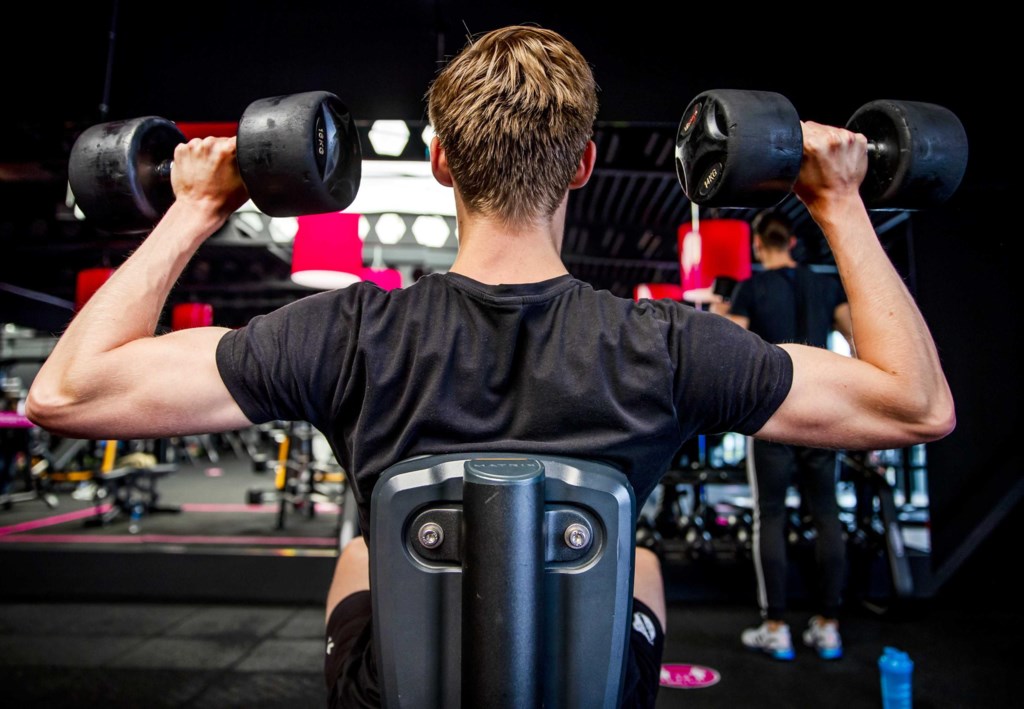Since CO₂ meters to monitor indoor air quality became compulsory in hospitality venues and fitness centres in Belgium, barely any checks have been carried out by government bodies.
CO₂ meters have been mandatory in Belgium since 9 June, but only two fitness centres have been checked since then. One of them was not in order, according to figures reported by De Standaard.
The meter must be clearly visible and must not be installed next to a door or window. If the meter reads more than 900 ppm (parts per million), owners must take action to reduce the value. Above 1,200 ppm, the establishment must be cleared out and closed.
Yet whilst fitness centres have been largely unchecked, 2,490 hospitality businesses were checked between 9 June and 21 September, according to De Standaard.
In 889 cases, the CO₂ meter proved to be out of order and many establishments did not even have one. Many of those that had been installed could not be read correctly.
However, none of these businesses had to close their premises.
Key to the fight against Covid
The figures are particularly striking because the previous Consultative Committee (on 17 September) underlined the importance of good air quality and the installation of CO₂ meters to prevent the spread of the coronavirus.
Federal Health Minister Frank Vandenbroucke, who at the Committee repeatedly stressed that the stricter air quality measures were the most important decisions for him, reiterated on Tuesday that Belgium reached "a turning point" at the last meeting.
"All governments have agreed to put all their efforts into general air quality regulations for bars, restaurants, fitness centres and event venues," he said on Flemish radio. "The time when everyone just did as they pleased is over."
However, Vandenbroucke also showed understanding for owners of restaurants and fitness centres, saying that the authorities realise that ventilation systems or disinfection equipment can be a huge investment.
"That is why we allow a transitional period in which no sanctions are applied when these are not present," he said.
"Just imagine that all hospitality businesses and fitness centres suddenly start ordering today: it will take months before the equipment is actually in place," Vandenbroucke said, asking for "a bit of realism."
Related News
- Air pollution increases risk and symptoms of Covid-19
- Belgium takes 'another big step' towards freedom from 1 October
- Coronavirus figures better than expected but fourth wave 'still possible'
It is not exactly clear when this transitional period will end, nor does the government intend to put this in ministerial terms, he said.
"At the moment, we want to get everyone on the same page. One day there will be an absolute obligation and there will be sanctions for offenders," Vandenbroucke added. "But the road is very ambitious and we want to walk it together with the sectors involved."
Furthermore, he explained that the checks are carried out by two government bodies: FPS Health checks the hospitality industry systematically whereas FPS Economy checks fitness centres, but only after a complaint.
"I do hear that FPS Economy checks less strictly. For me, this is not yet a problem, but I will question my colleague (Economy Minister Pierre-Yves Dermagne) on the matter," Vandenbroucke said.
From Friday 1 October, CO₂ meters will also be compulsory in dance halls, discos and dance pubs, as well as in event halls, party rooms and sports halls, as was decided by the Consultative Committee.

